Without foreign visitors, Switzerland’s summer tourism season looks gloomy
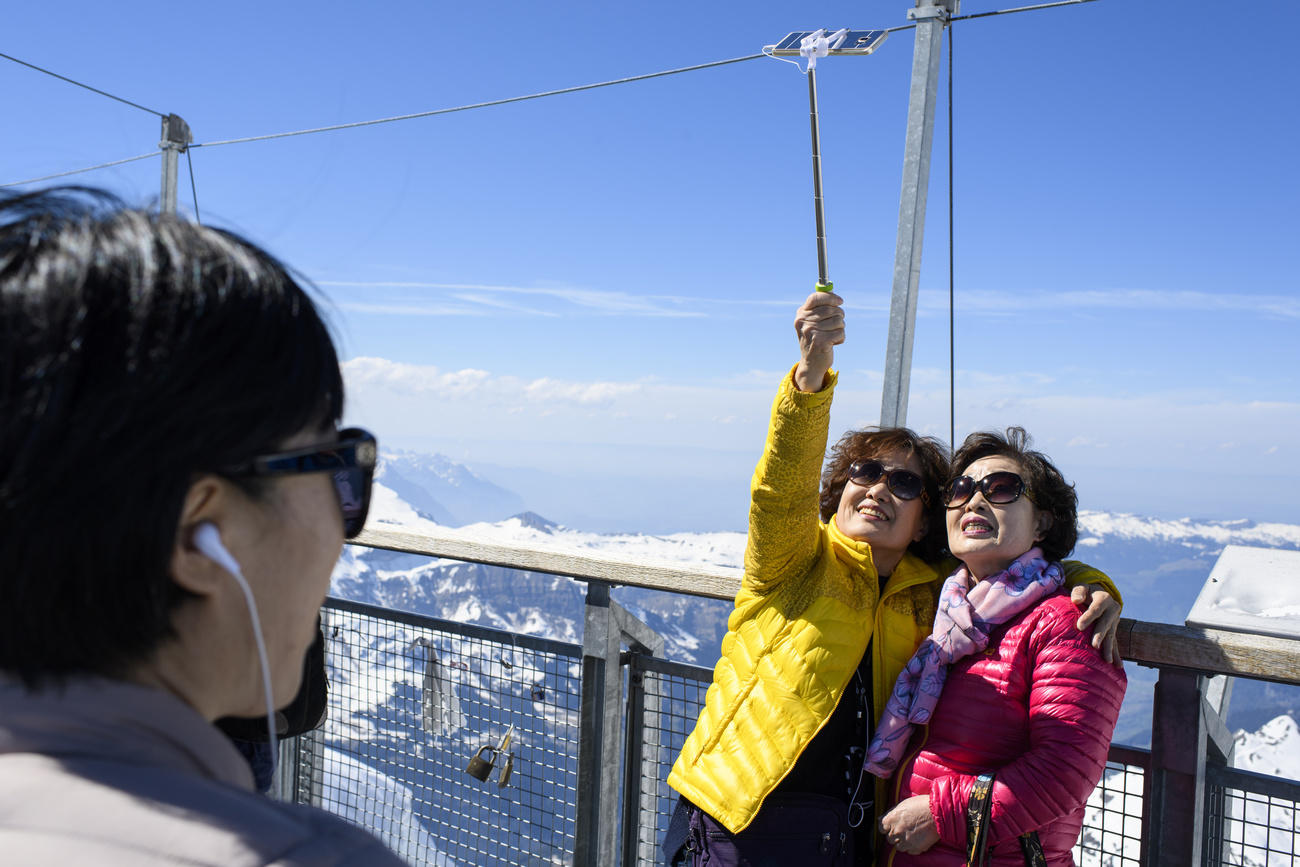
As coronavirus travel restrictions keep many foreign tourists away, Swiss tour operators are coming up with creative ways to attract local visitors this summer. But it is unlikely to make up for the revenue losses.
Japanese tourists taking selfies on the Jungfraujoch; Indian families admiring the panoramic views from the Montreux-Bernese mountain train ride; American rock climbers carrying ropes and pitons along Lucerne’s Schwanenplatz. Scenes like these will be missing in Switzerland this summer.
With borders closed around the world and most air traffic at a standstill, the tourism sector is suffering under the weight of the coronavirus pandemic. According to the World Tourism Organisation (UNWTO), the impact of the pandemic could see the number of international tourists this year decline 60% to 80%; a fall never seen before in the 70 years since records were first kept in 1950.
Switzerland will be no exception. The opening of borders within the European Union and with the United Kingdom on June 15 will certainly bring some relief to tourist operators but will not be enough to save the tourist season.
“The effects in the short term are already terrible,” says Véronique Kanel, spokesperson for Swiss Tourism, the organisation responsible for promoting Switzerland’s tourism industry. “And the forecasts for summer remain very cautious, with an occupancy rate of 24% for the hotel sector and 42% for other holiday accomodation.”
According to a study by HES-SO Valais institute, Swiss tourism could lose up to CHF8.7 billion ($9.2 billion) in 2020, pushing almost a quarter of businesses to the brink of bankruptcy.
Cities bear the brunt
The impact is expected to vary from region to region across the country. Deserted in the spring with the decline in business travel and conference cancellations, cities like Lucerne, Geneva and Zurich have been especially hard hit. Overnight stays are expected to fall by almost 50% in cities this summer, versus 20% to 30% for the Alpine regions, according to forecasts by the Swiss Economic Institute (KOF).
The Alpine regions — with the exception of popular destinations like Interlaken and Zermatt — are normally less dependent on foreign tourism than city centres.
With virus fears and social distancing in place, even more Swiss are expected to forego holiday plans abroad. They are also likely to spend their summer holidays in mountain pastures rather than densely populated city centres.
In summer more than winter, Switzerland is heavily dependent on international visitors, which account for more than half of recorded overnight stays. Despite campaigns launched by local authorities to encourage local travel this summer, clients from Switzerland and neighbouring countries will not be enough to compensate for the lack of foreign travellers.
“Even if there are fewer of them than Europeans, these [non-European] tourists spend the most money during their trips to Switzerland,” comments Nicolas Délétroz, professor at HES-SO Valais’ Institute of Tourism.
It is not only the hotels, restaurants and transport that will suffer from the absence of these guests. In Lucerne, watch stores generate almost 90% of their revenues from tour group travellers, largely from China.
In Geneva, tourists from the Middle East will be sorely missing from the luxury hotels and boutiques during the month of August, a period when the shores of Lake Geneva are particularly attractive to this wealthy clientele.
Mid-term impact
The experts do not expect non-European tourists to return before 2021. And it will take more time for the sector to return to 2018 levels of activity.
“Swiss tourism will suffer the effects of the coronavirus pandemic for a long time. If everything goes well, it is likely that a return to normal will not occur before 2023 or 2024,” says Kanel.
For Délétroz, the rhythm and scale of the return of overseas tourists depends largely on the rebound of international air traffic.
“I don’t really believe that human behaviour will change automatically. However, a marked increase in the price of airline tickets could have a decisive influence on intercontinental tourism,” he says.
Already, we can see the progression of continental tourism.
“That is notably the case in the Asia Pacific region. The Japanese are not necessarily going to go to Europe or the United States for their holidays, they will prefer to travel in other Asian countries or Oceania,” he says.
That said, Switzerland will always be positioned high up on the bucket list of faraway travel destinations.
“We could very well imagine that, sooner or later, taking a seaside holiday on the other side of the world could become obsolete. But for many Asian tourists, Switzerland will certainly remain a country that one has to visit at least once in their lifetime,” says Délétroz.
Vouchers, accommodation packages, free access to leisure activities, among other perks are being offered by tourism promoters to attract Swiss clients this summer.
“It’s the moment to seduce the local clientele by offering quality added value,” says Swiss Tourism’s Véronique Kanel.
Unusual accommodation, camping cars, campsites and holiday villages reserved for families are particularly popular. And contrary to what one might expect, it is possible to enjoy holidays in Switzerland without breaking the bank, insists Swiss Tourism.
But there is still a long way to go to convince the locals to spend their summer holidays in Switzerland more often.
“To attract Swiss clientele, the mountain regions must become more imaginative. They cannot simply bank on the beauty of the countryside,” says Nicolas Délétroz.
The coronavirus crisis will perhaps be the occasion to finally build up the summer and autumn tourism seasons, which until now have been largely neglected in favour of the winter season and the ski industry. But for that, a broader collaboration between the key players in mountain tourism will be necessary.
“We must stop the parochialism and offer clients greater tourism mobility that responds to their interests (bike riding, hiking, wellness, etc.), while focusing on shorter stays,” suggests Délétroz.

In compliance with the JTI standards
More: SWI swissinfo.ch certified by the Journalism Trust Initiative
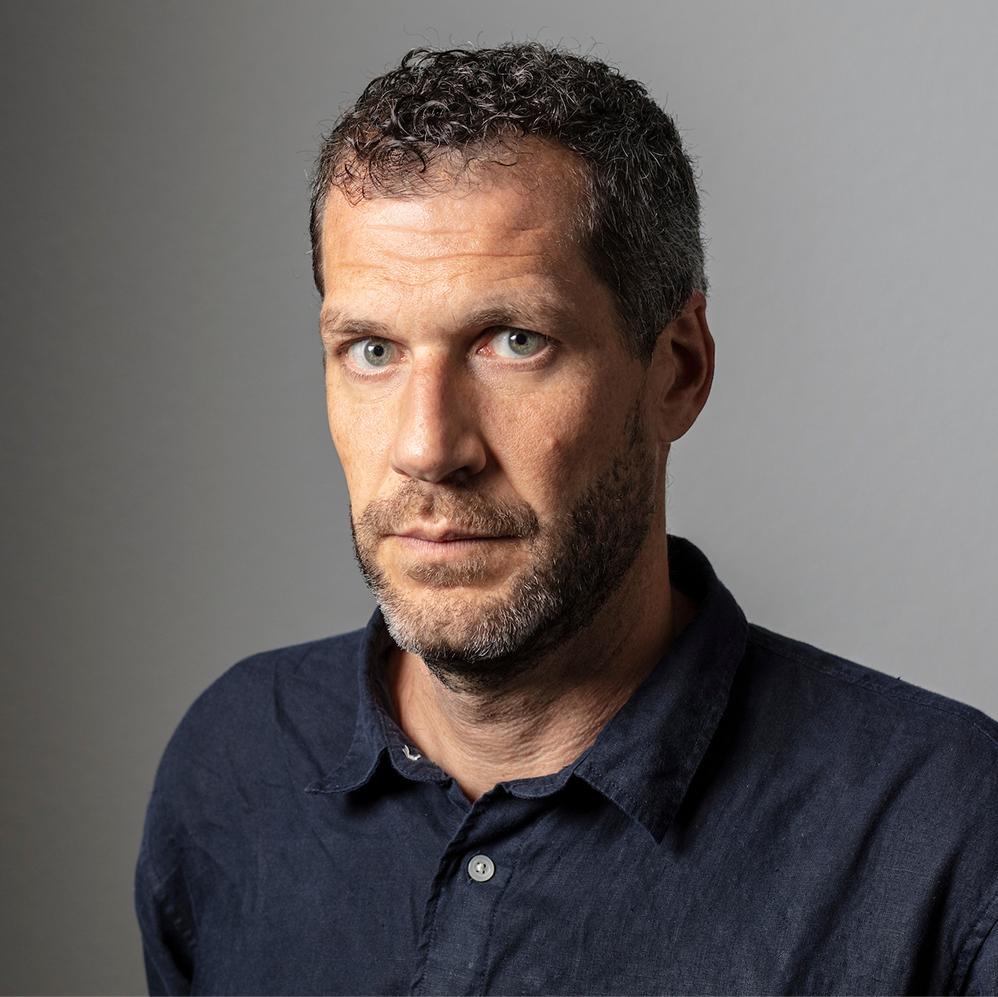

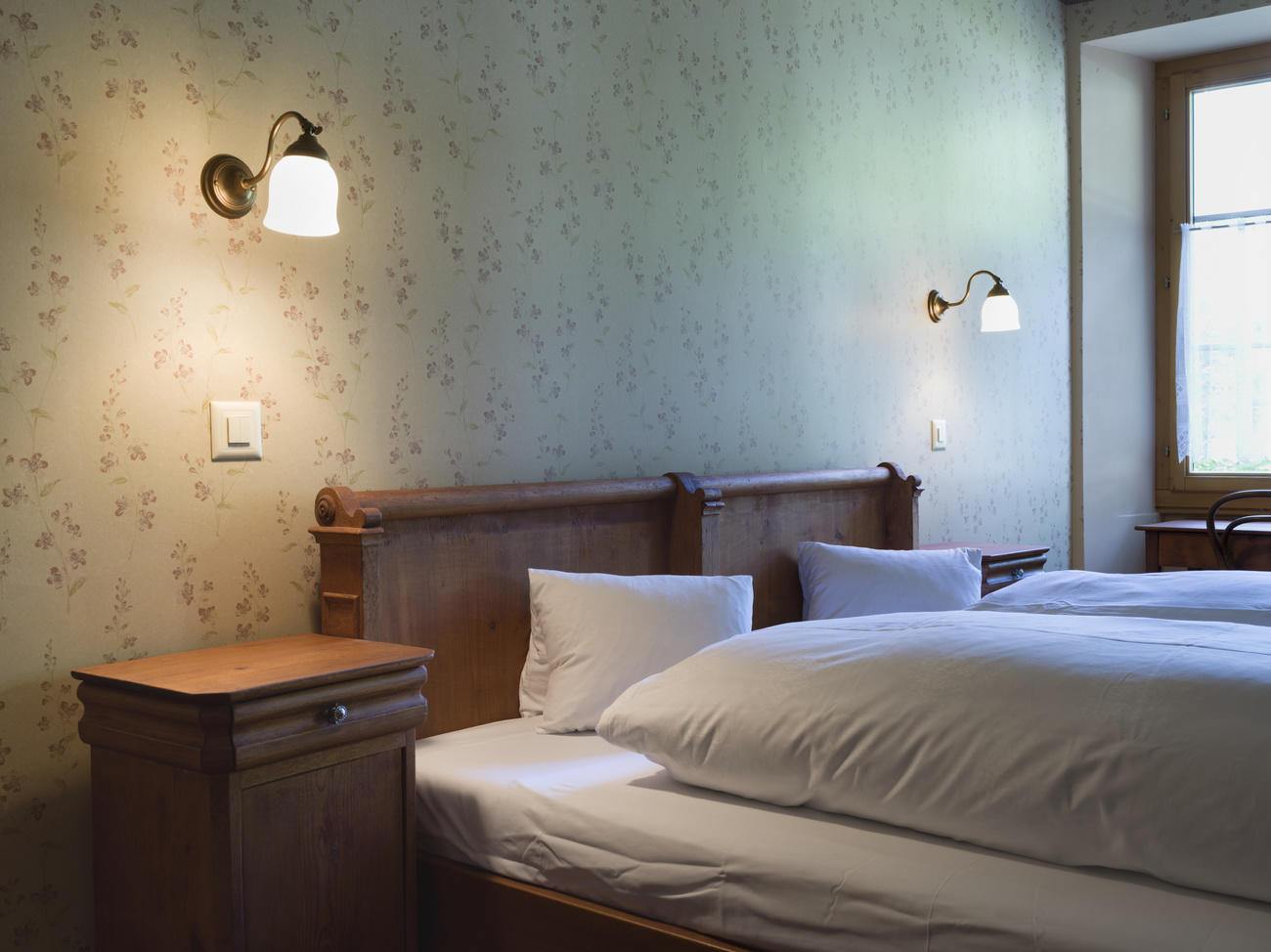
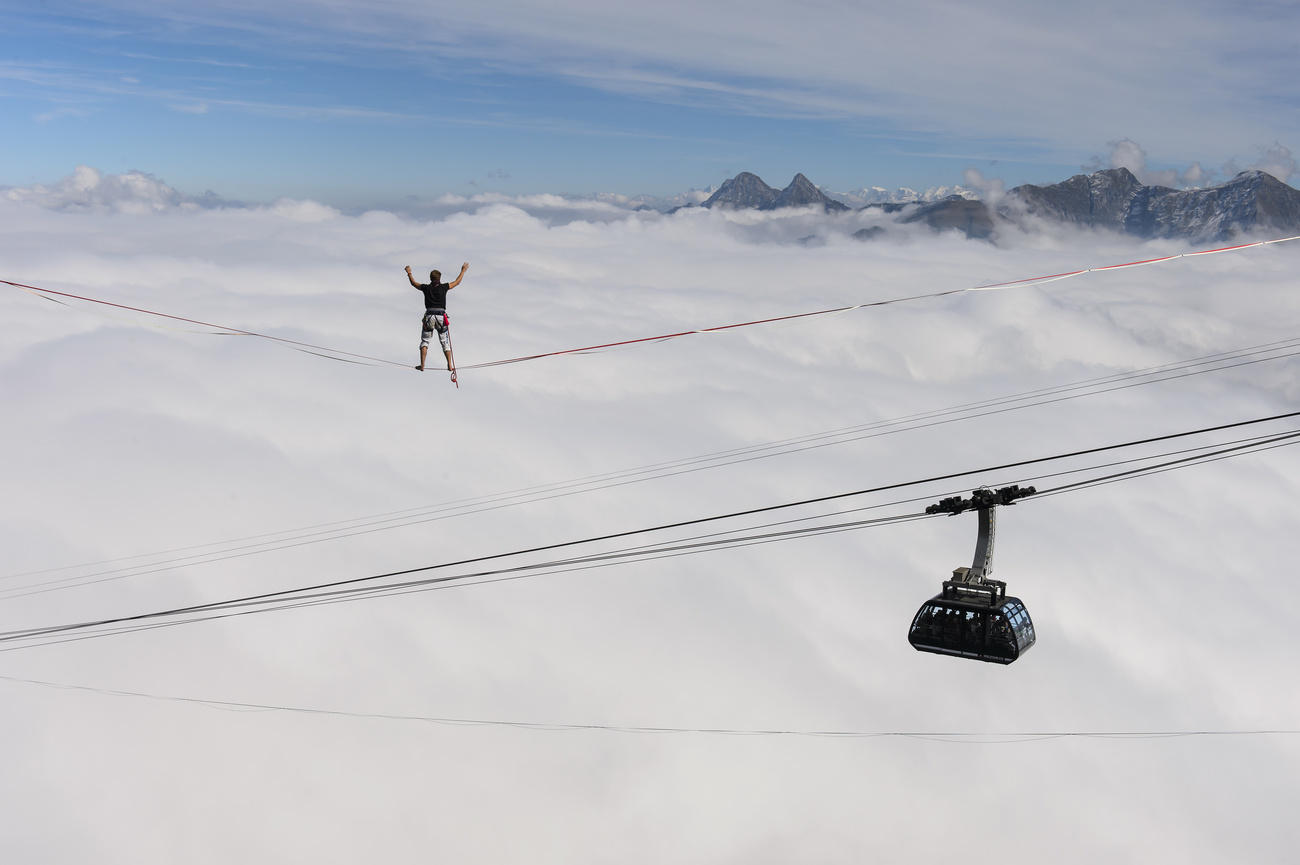
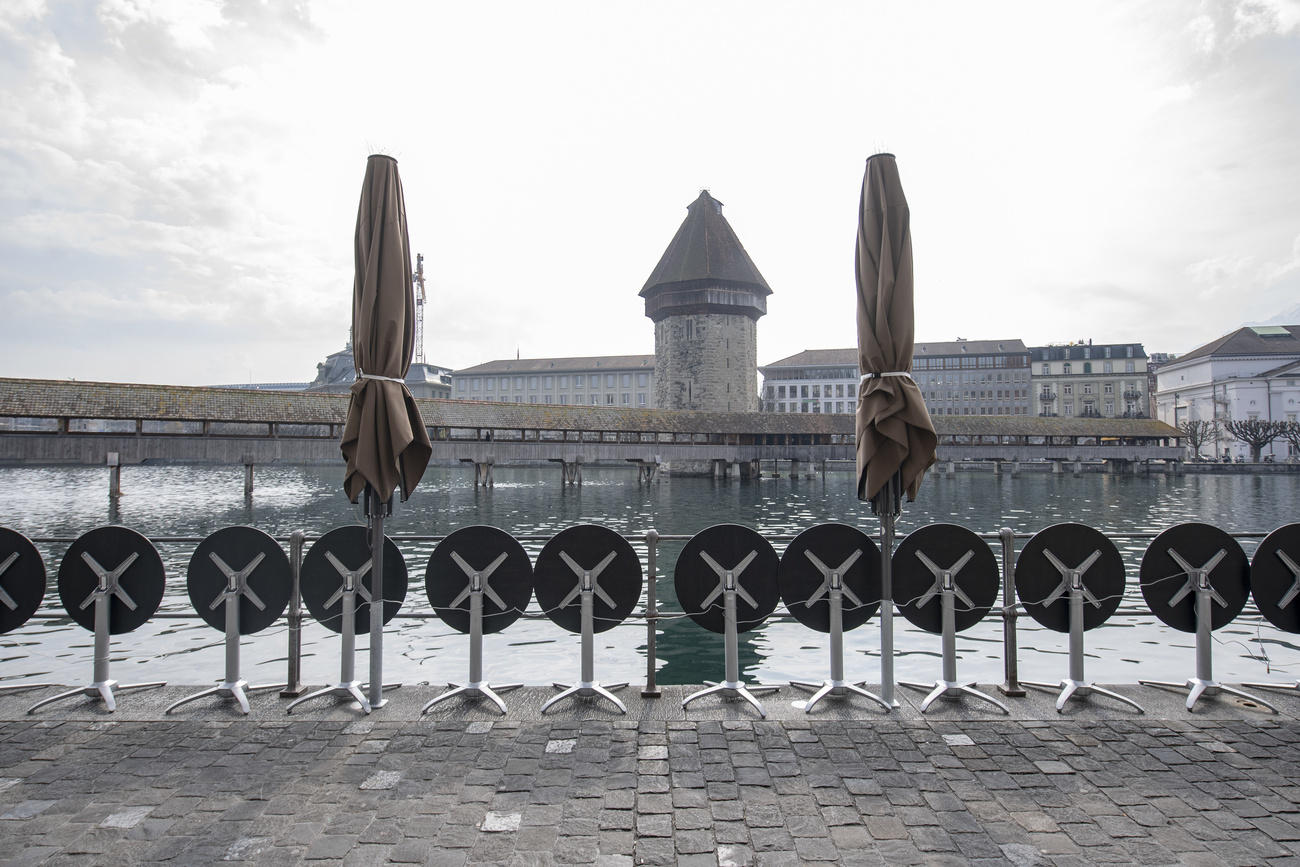
You can find an overview of ongoing debates with our journalists here. Please join us!
If you want to start a conversation about a topic raised in this article or want to report factual errors, email us at english@swissinfo.ch.